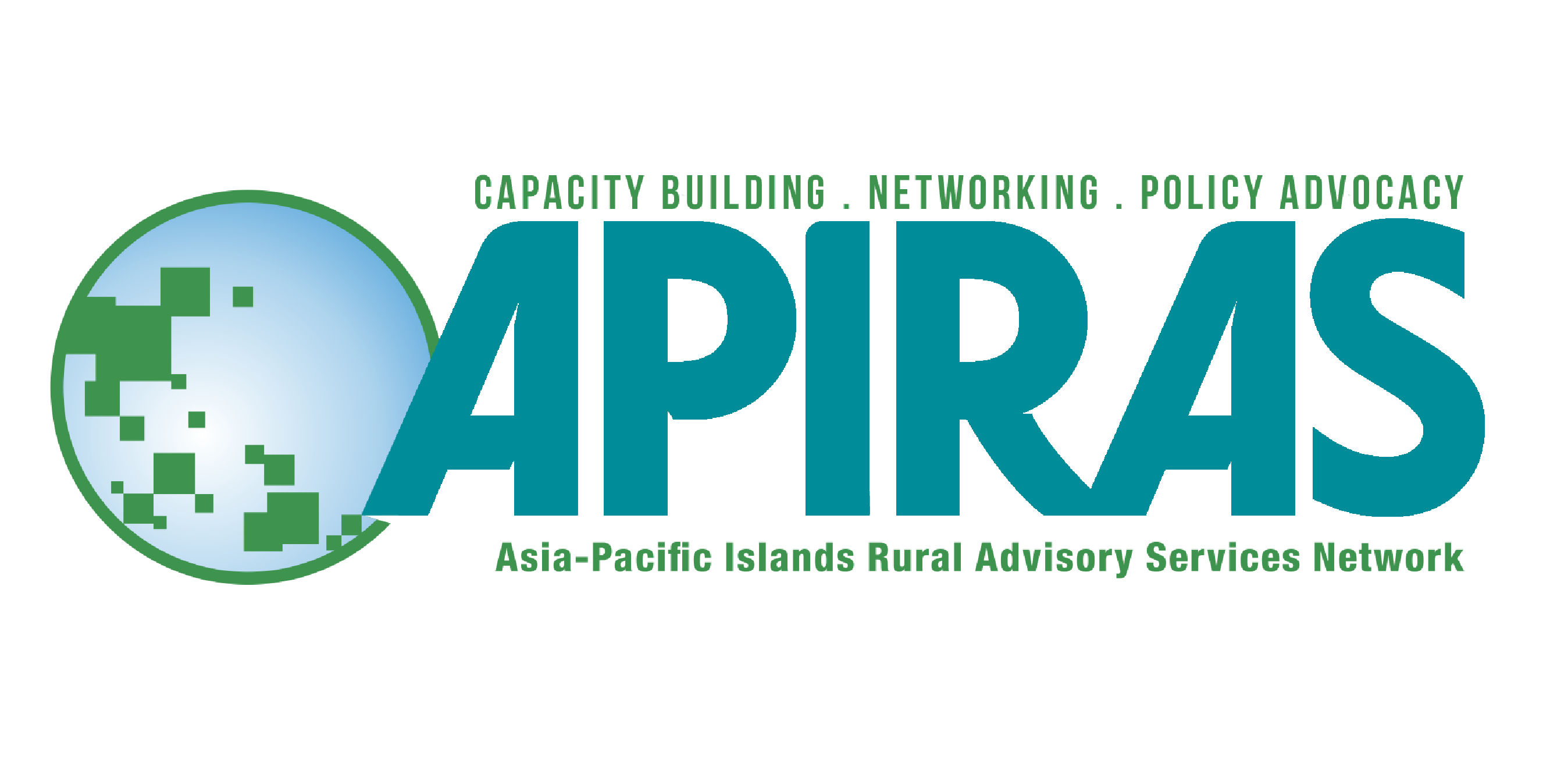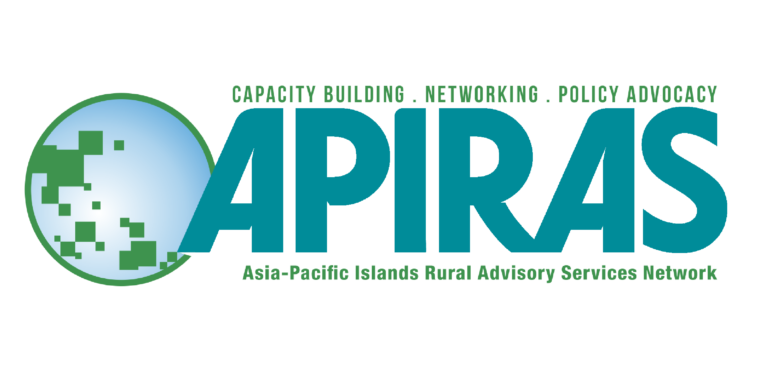Ensuring that rural advisory services are responsive to women: good practices from FAO in Europe and Central Asia
This report builds upon FAO’s work promoting gender mainstreaming in extension and advisory services, cataloguing challenges and suggesting strategies for increasing the gender responsiveness of rural advisory services globally. The purpose of this review is to apply FAO’s accumulated knowledge about gender equality in the context of rural advisory services to assess the situation in the ECA region. The report provides a snapshot of the extent to which gender considerations are currently integrated into RAS in the region and highlights good practices that are in line with FAO’s gender equality strategies. The report concludes with recommendations for FAO, partner organizations and stakeholders in the fields of agricultural extension and rural advisory services, on how to further improve such services to extend their reach to rural women and men who have previously had limited or no access. This process requires moving away from gender‑neutral service provision, which often results in the exclusion of women, towards transformative extension and rural advisory services that challenge unequal gender relations and address underlying discriminatory norms and practices.

